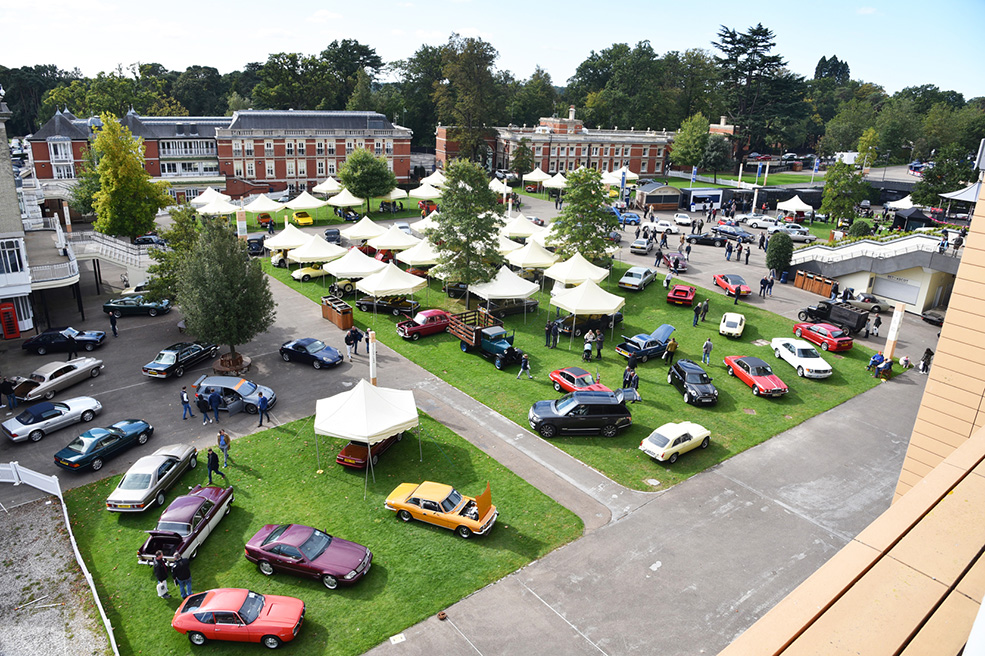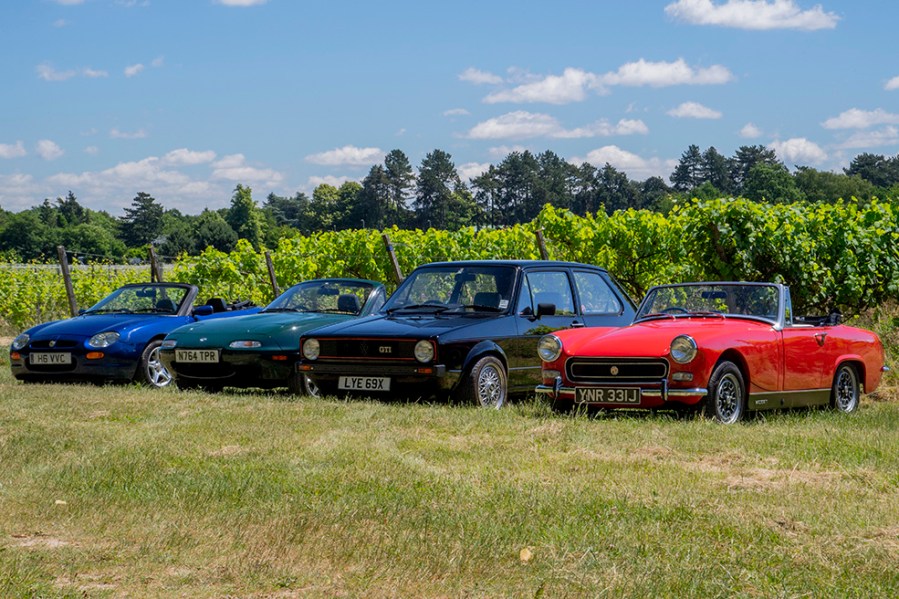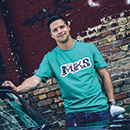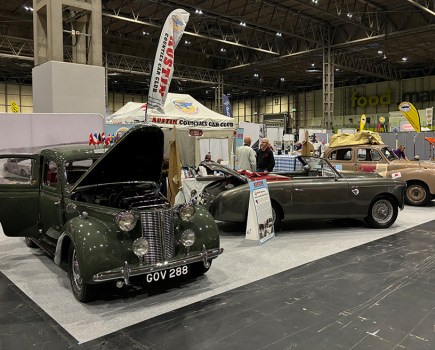It seems that the classic car market isn’t suffering as some have feared – but it is set to evolve
The last 15 months have seen the classic car market adapt admirably to new ways of distanced selling to cater for enthusiasts with more time and money on their hands. But as things start to open up again, can we expect the general buoyancy of the market to finally slow down?
On paper, there are numerous obstacles to a prosperous classic car market, both in the near and distant future. Aside from the easing of lockdown, the most obvious hurdle is the ban on sales of new petrol and diesel-only cars from 2030. No one is suggesting fossil fuels will be taken away for older vehicles, but the proliferation of city-centre emissions zones is a factor, with modern classics spanning a period of over 20 years seemingly left out in the cold.
And yet, there’s little evidence of a downturn. The UK went into Step 3 in its unlocking roadmap on May 17, and while some sale rates have softened, they’ve generally remained over 80 per cent.
Brightwells’ May sale recorded a success rate of 89 per cent – a 2 per cent rise on its April 1 auction, with H&H recording 80 per cent for its Duxford sale on May 26 and Anglia Car Auctions at almost 90 per cent during the same month.
Historics’ sale rates have grown steadily through the pandemic, reaching 90 per cent for its delayed Ascot Racecourse sale in mid April. Its May auction was held just four weeks later, but still achieved a sale rate of 76 per cent, comparing favourably to the 67 per cent of its final pre-lockdown auction of March 2020.
Over at Mathewsons, its most recent June sale attracted a whopping record 541 lots. Highlights included a Ford Sierra RS500 Cosworth at £105,000 and a Mk2 Escort 1600 Sport at £19,250, while even a faded and slightly rusty Mk2 Astra GTE achieved £7200 – more than £3000 over estimate.
“We find business really good at the moment,” Derek Mathewson told CCB. “It’s not quite such a frenzied buying situation as it was 6-8 months ago, but the models that usually sell well are selling brilliantly well.”

Auction sales continue to remain strong, especially where 1980s and 1990s cars are concerned.
Classic car market: avoiding the crash
At it stands, there appears to be little chance of the kind of crash that occurred in the early 1990s.
“I’ve seen big price drops three times over the years, and it happens really quickly,” added Mathewson. “I’ve been waiting for it to happen again, but I don’t think we are going to see it and I hope that remains the case. One or two have mentioned the 2030 ban, but we’ve seen it all before with leaded 4 Star and such like. I really don’t think it will be a problem and provisions will be made for us lot.”
There’s similar optimism elsewhere, too. “Without an appropriate research study, it can’t be said what effect the ban on ICE vehicle registrations will have on the classic car market, but to date there is no indication of concern according to Historics sales results,” said Michael Hodges of MPH Communications, which represents Historics.
As indicator of what the future for classics may hold, Hodges pointed to the immensely strong global market for new ICE ultra premium/luxury cars, which are achieving record sales and profits amidst a general backdrop of dwindling new car sales and a growth in electric vehicles.
For example, Bentley says sales are up some 30 per cent over last year, which itself set a record, while Ferrari’s share price bloomed by 27 per cent in 2020 and Lamborghini’s order book for 2021 is packed solidly through September. “To what extent this is relevant to classic cars ownership and purchase is hard to say, but collecting cars of any age for their rarity value and provenance has shown sustained performance,” added Hodges.
Rather than drop-off, it seems the market will continually evolve. Despite restrictions like London’s ULEZ, 1980s and 1990s classics seem to be the current top performers, perhaps driven by nostalgia for the era from affluent 40-something buyers. This was reflected by Historics’ May sale, where the best sales performance was from the 1990s entries.
It’s a similar tale at Mathewsons. “MGBs and that type of car remain the mainstay, but what’s really doing the business at the moment is the fast Fords,” said Derek Mathweson. “We’re also finding that fast Vauxhalls, GTEs and Mantas, though not hot on their heels, are catching up. The most difficult ones to sell are the pre-war cars. The younger guys aren’t interested in them.”
As interest rates remain low, many will no doubt continue to invest in classics, both as a safe place to put money and as a leisure pursuit that’s not affected by unpredictable restrictions in the same vein as a foreign holiday, for example.
And with the likes of the FBHVC, FIVA and the newly formed Historic & Classic Vehicles Alliance (HCVA) fighting for freedoms to use classics on the roads, fight misconceptions and boost skills in the industry, it’s going to take a lot to burst the bubble longer term, too.








